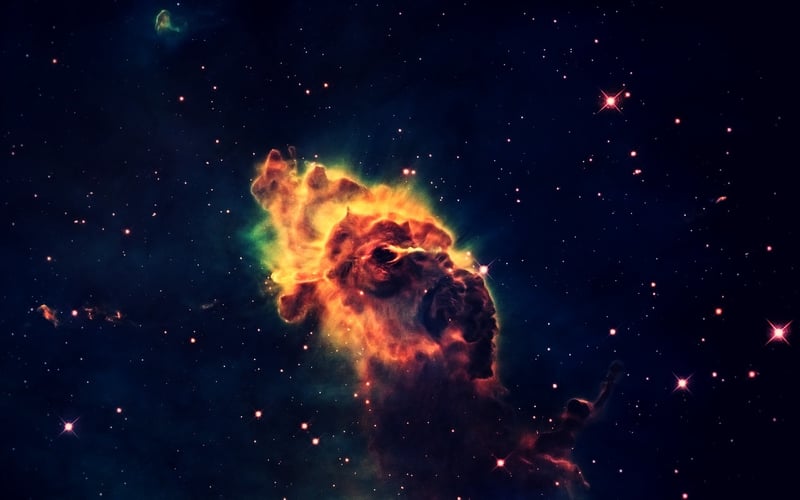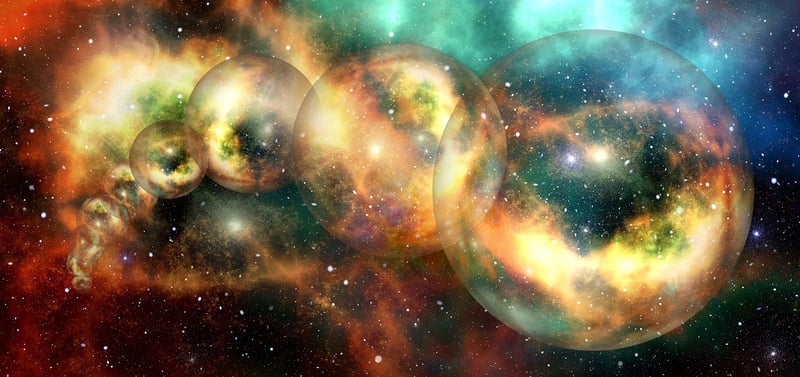Multiverse Theory
Exploring Complex Time Concepts and the Multiverse Theory
Understanding Time: A Complex Concept
Time, the fundamental dimension in which events occur in succession, is a concept that has intrigued humanity for centuries. From the philosophical debates of ancient thinkers to the revolutionary theories of modern physicists, the nature of time remains a complex and multifaceted subject.
The Arrow of Time
One of the most intriguing aspects of time is the concept of the arrow of time, which refers to the asymmetry of time's flow. While we experience time as moving forward, many physical laws are time-reversible, leading to questions about the nature of causality and entropy.
Time Dilation and Relativity
Albert Einstein's theory of relativity revolutionized our understanding of time. According to this theory, time is not a constant but is relative and can be dilated or contracted depending on the observer's frame of reference. The effects of time dilation have been confirmed through experiments and have profound implications for our perception of time.
The Multiverse Theory
The Multiverse Theory is a speculative concept that suggests the existence of multiple universes, each with its own set of physical laws and constants. According to this theory, our universe is just one of an infinite number of parallel universes, each branching off from different points in time and space.
Implications of the Multiverse Theory
If the Multiverse Theory is true, it would fundamentally alter our understanding of reality. It would mean that every possible outcome of every event is played out in a different universe, leading to a vast and diverse multiverse of infinite possibilities.
Conclusion
Time, with its intricate complexities and the enigmatic Multiverse Theory, continues to captivate scientists, philosophers, and enthusiasts alike. As we delve deeper into these profound concepts, we may unravel the mysteries of the cosmos and our place within it.


